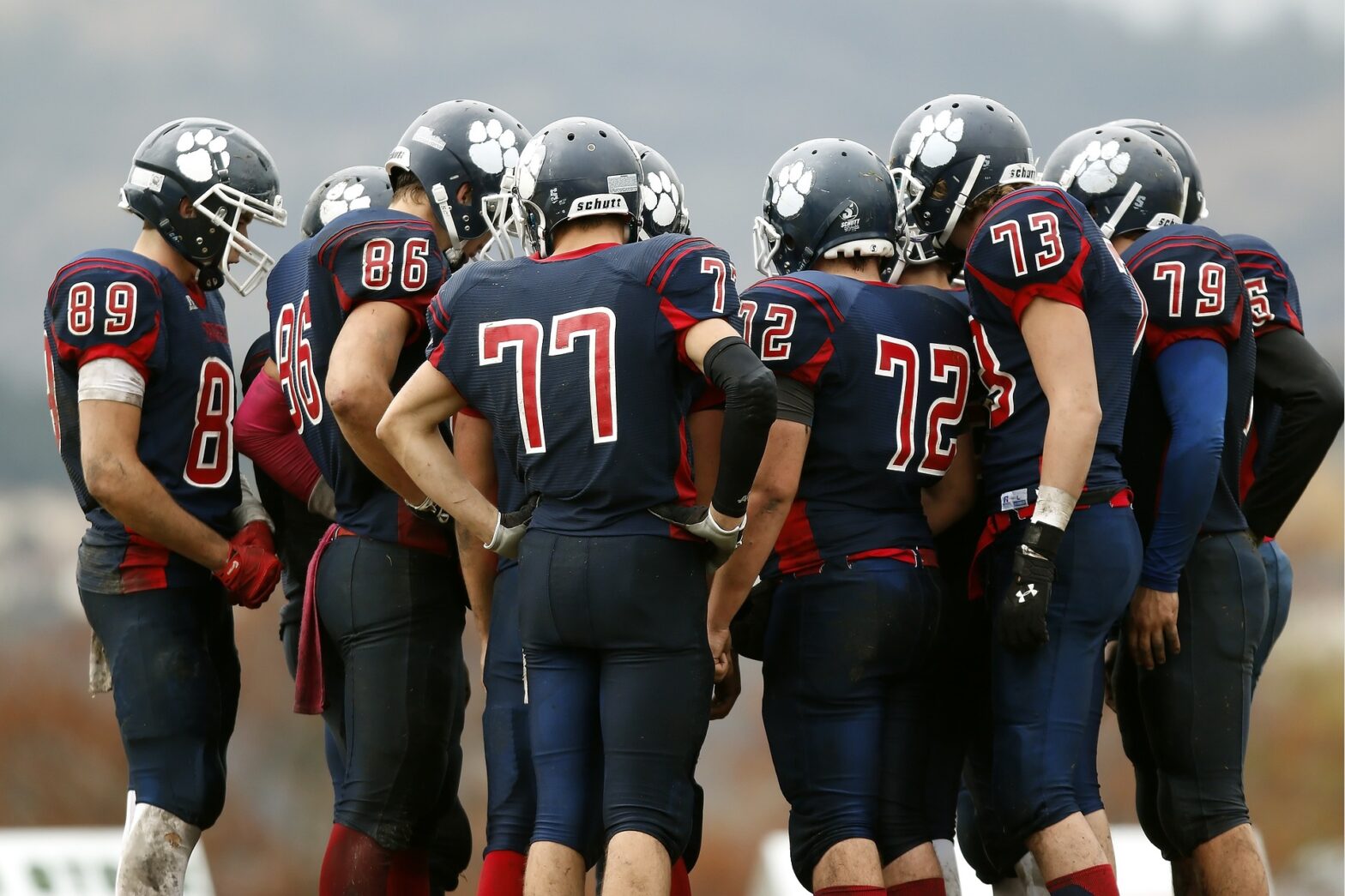According to a new Harris Poll survey, 82% of those who plan to watch the Big Game said that they are excited about the contest itself, 76% said they are looking forward to the ads and 71% are eager to see the halftime show. This is not a reflection on the pop star but an illustration of how central ads have become to Super Sunday. Indeed, 83% said that watching ads is an essential part of the Super Bowl experience.
To better understand the phenomenon, we polled Americans about their game-watching plans and what they want to see in this year’s advertising lineup. We found a good deal of good news for the league and its advertisers—and some info upon which executives can act.
Anticipation of the big game is up this year, for example, with 79% of Americans saying they are likely to watch and 21% saying they are not—up from 67% and 33%, respectively, last year. We saw three trends of which advertisers should be aware:
Just innovate
When we asked what kind of tone people wanted to see in Super Bowl ads, “funny” was far and away the top answer (66%) of those we tested, with “light-hearted” coming in second (45%). This makes sense: Laughter sells, especially after the stretch we’ve endured, rife with a public health crisis and unrest both at home and abroad—not to mention inflation and fears of a recession.
“Unique” was the third-most-popular choice of tone at 44%. Trying something new may be risky given the record $7 million price tag for a 30-second spot, but if you’re not going to go big in the Super Bowl, where will you? Judging from the early buzz, advertisers have indeed drawn up some trick plays: DraftKings and FanDuel have created interactive ads, for example, inviting fans to place ad-related bets on their sites. Netflix and Michelob are joining forces for a spot promoting both the beer and the streaming giant’s new golf documentary.
“Serious” is the tone that most people don’t want in Super Bowl commercials.
It is no surprise that DraftKings and FanDuel will have high-profile ads: The sports betting industry has blossomed since the Supreme Court struck down the federal gambling ban in 2018, with the amount of money wagered each year since then growing astronomically.
Americans are still processing how they feel about the burgeoning industry, however: 7 in 10 Americans (69%) agree that sports betting ought to be legal across the country, with the sector enjoying majority approval across all demographic groups. And most Americans (63%) have a positive view of sports betting, although there is a sharp generational split with at least two-thirds of Gen Zers, millennials and Gen Xers approving while 54% of baby boomers disapprove. At the same time, however, the public expressed discomfort with betting and sports intertwining too closely: Two-thirds of Americans disapprove of sports teams and/or leagues partnering with sportsbooks—never mind that FanDuel and DraftKings are official NFL sports-betting partners, while the latter is also among official partners for the Kansas City Chiefs and Philadelphia Eagles.
With Americans sorting through their contradictory feelings, Super Bowl ads are probably a good bet for the companies. But they need to execute and produce spots that land with the viewers so that they can consolidate public opinion.
Spoiler alert
The public loves Super Bowl ads—but prefers them fresh. Nearly three-quarters of Americans (73%) said that brands should save their Super Bowl ads for the actual game rather than airing them ahead of time. There’s a fine balance here: Hype-building has become part of the Super Bowl advertising process and the ads themselves are part of larger campaigns. But online platforms started running tallies of the best Super Bowl ads in some cases weeks before the Big Game.
A majority of Americans (56%) said that they will think better of a brand if it airs a new ad during the big game. That said, failing to do so is not a deal-breaker: Similar slight majorities said that their opinion of a company would not change if it re-airs an old ad (53%) or airs its Super Bowl ad before game day (54%). But in advertising, as in football, the critical difference often occurs at the margins.
Source: adage.com

